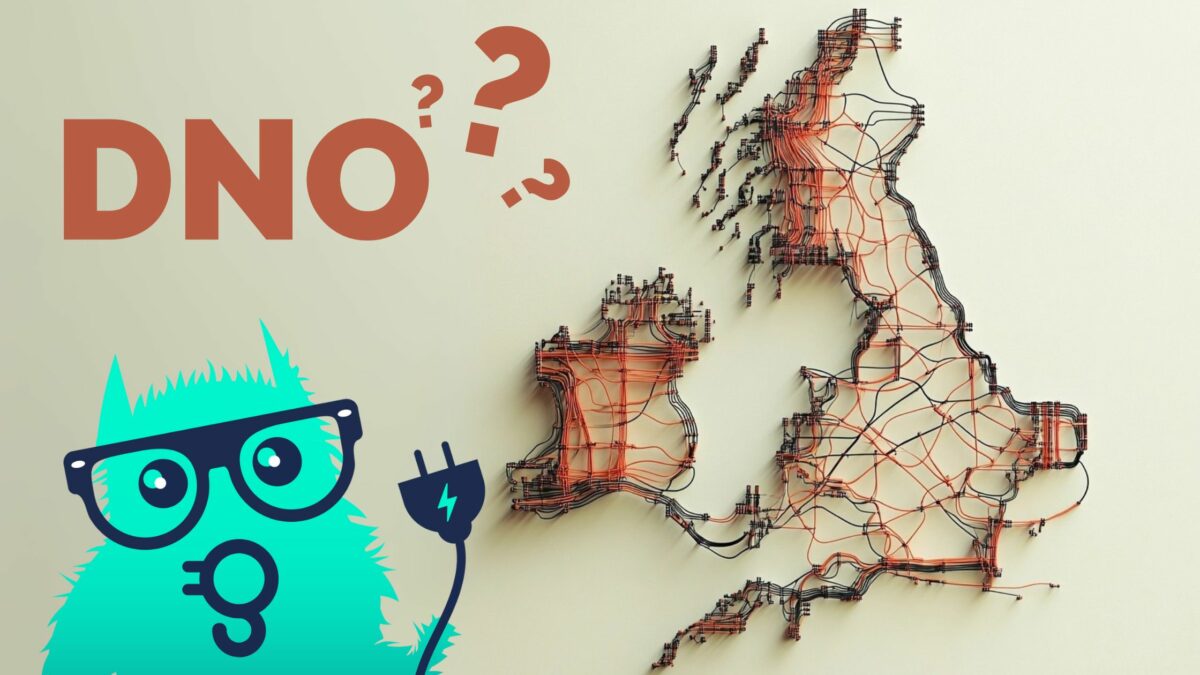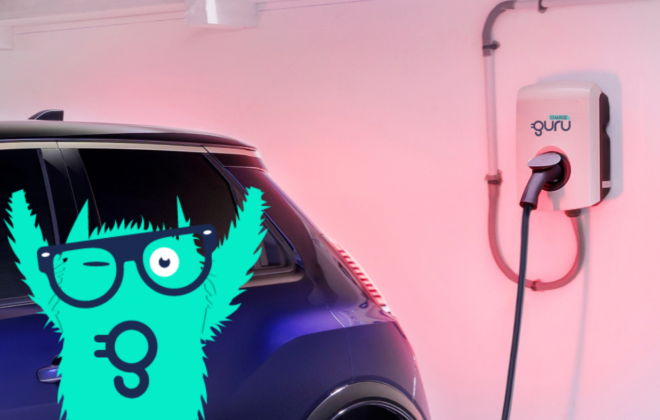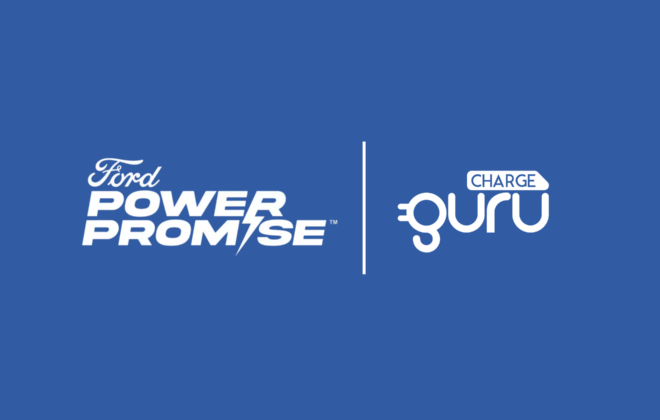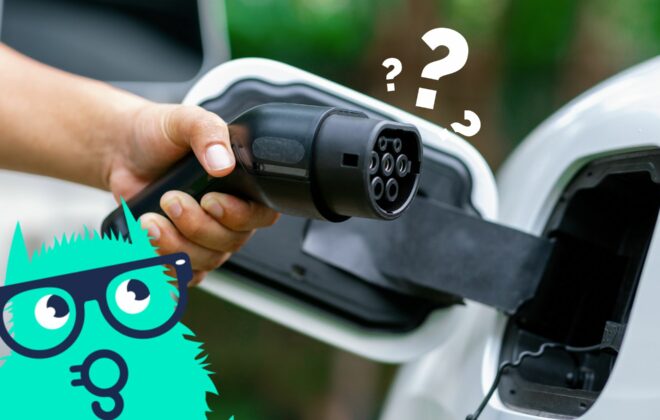DNO Approval: Why It Matters for Your EV Charger Installation
What is a DNO and Why Does It Matter for Your EV Charger Installation?
If you’re planning to install an electric vehicle (EV) charger at home, you’ll come across the term DNO approval. It might not sound exciting, but this step plays a key role in keeping your installation safe and legally compliant.
In this guide, we’ll break down what a Distribution Network Operator (DNO) is, why they need to be involved in EV charger installations, and how ChargeGuru makes the process simple and stress-free.
What is a DNO?
DNO stands for Distribution Network Operator. These are regional companies responsible for managing the electrical infrastructure that supplies power to homes and businesses across the UK. They don’t generate electricity — their job is to safely deliver it from the National Grid to your property. (Curious who yours is? Find out here).
Every home or building is connected to a DNO-managed network. When you install a home EV charger, it’s essential to check that your connection can safely support the added load.
Why Do DNOs Need to Be Notified?
EV chargers are high-powered devices. Your home may already have high-demand appliances like heat pumps, cookers, or outbuildings with electricity. As a result, adding a charger could exceed your property’s capacity if you don’t have sufficient maximum demand (MD); not to get technical!
To prevent this, the DNO must assess whether your electrical supply can accommodate the new charger. If not, upgrades (like replacing your main fuse or addressing a looped supply) may be required before installation.
At ChargeGuru, we take care of this process for you, ensuring everything is safe, compliant, and approved before we proceed.
The ChargeGuru DNO Process: Step-by-Step
We’ve streamlined the DNO process to make things as simple and stress-free as possible for our customers.
1. Order Placement & Document Validation
After placing your order, we will ask you to upload the following information to your customer portal:
- A photo of your main fuse and meter
- Your intended charger installation location
- Your MPAN (Meter Point Administration Number) or MPRN (Meter Point Reference Number) if you’re in Northern Ireland
This helps us assess your setup and prepare an accurate DNO notification.
2. DNO Notification
We’ll notify your local DNO of your planned EV charger installation. This is a required step and ensures your property’s connection is ready for the added energy demand.
We’ll deal with your DNO directly, so you don’t have to worry about paperwork or communication. Still, we’ll keep you looped into all of our correspondance.
3. DNO Assessment & Approval
Most DNOs reply within 10 working days. Thanks to the ENA Connect platform, over 80% of DNO approval applications are approved instantly.
However, if the DNO identifies a supply issue — like a looped connection (where your supply is shared with a neighbour) or the need for a fuse upgrade — we’ll guide you through the next steps.
4. Installation Scheduling
Once DNO approval is confirmed, we’ll get in touch to book your installation.
Our average time from when you place your order to installation is around 21 days, with most installations completed within 2–4 weeks. If any upgrades or DNO work are needed, this may affect the timeline.
Final Thoughts
Although the DNO process might seem behind-the-scenes, it plays a vital role in keeping your EV charger installation safe. It also helps ensure your charging solution is future-proof and that you don’t run into any technical issues with your charger (e.g. charger tripping).
At ChargeGuru, we make this process as seamless as possible. From document validation to installation day, we handle the DNO steps so you don’t have to worry.
Thinking of installing a home EV charger?
Get in touch with our expert team today and let us take care of the details — including the DNO!






